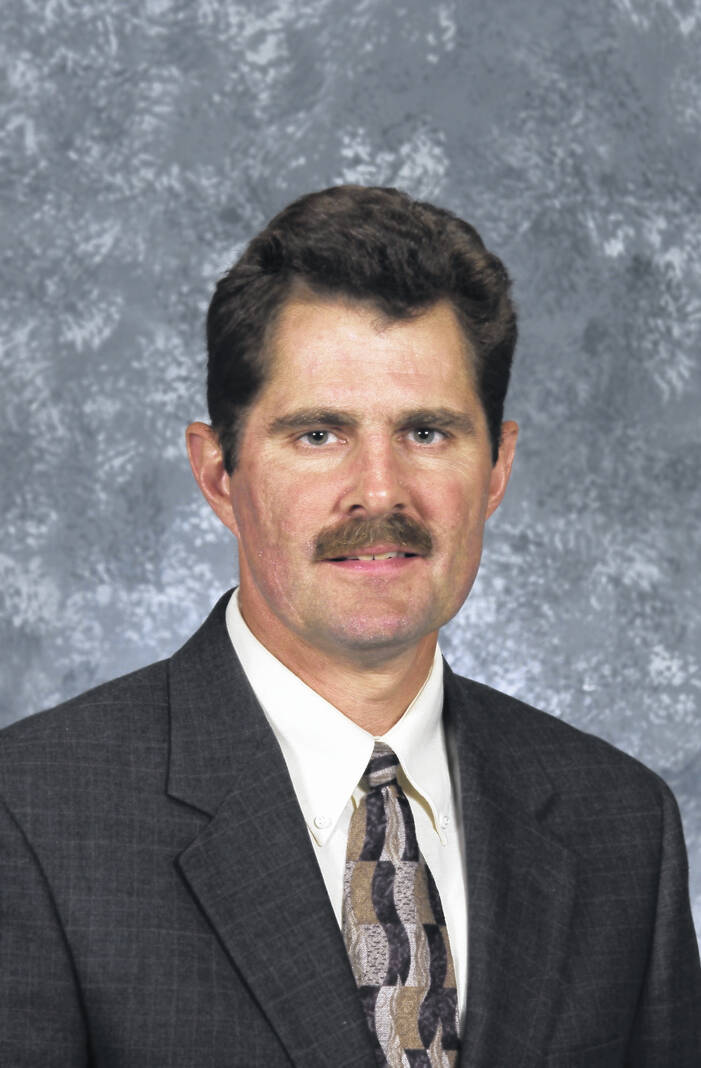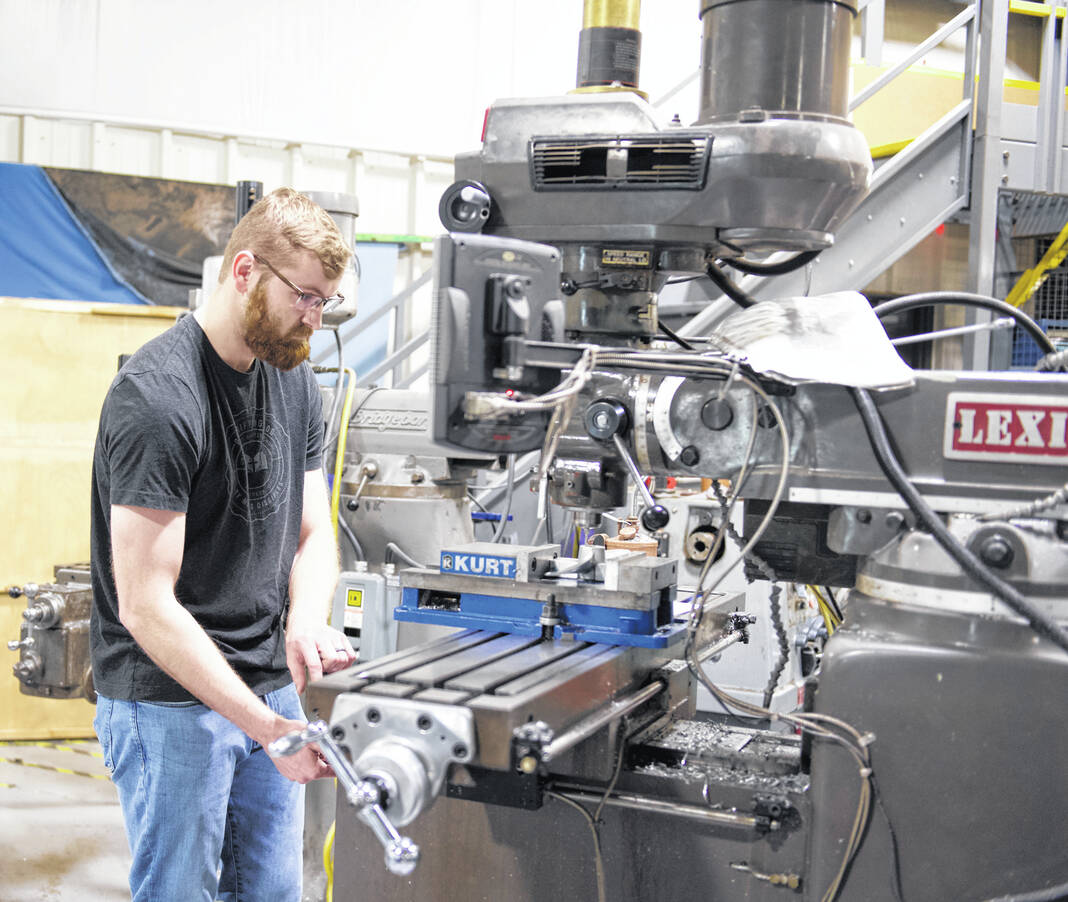

CEDARVILLE — In partnership with Fairborn’s Tangible Solutions, Cedarville University biomedical engineering students are beginning exploratory research into 3D-printed spinal implants for their senior capstone projects, providing many with the necessary bodily structure to survive.
The current student-based research is expected to lead to the development of spinal implants that will be produced for use by medical manufacturers around the country.
The spine is one of the most important body parts, connecting the brain to the rest of the body and providing critical structural support. For three years, medical manufacturer Tangible Solutions has partnered with Cedarville students to create innovative implants for those with damaged spines, this time with a titanium twist.
“We’ve done a lot of work on understanding why cells like titanium surfaces,” said professor of biomedical engineering Dr. Tim Norman. “Cells are attracted to the inside of our implants, fusing and becoming solid to replace a damaged spinal disk.”
Tangible Solutions leads the industry in 3D printing titanium metal, a novel discovery of the last five years of particular interest to Cedarville’s student engineers. 3D printing spinal implants removes time-consuming constraints to general manufacturing of the same implants.
“You can start the printer, come back the next day and have a dozen samples waiting for you,” said Norman. “This has made it much easier to conduct tests and come up with an implant that is both flexible for human motion and rigid for durability.”
The goal of the two-semester capstone is exploring how to make 3D printed spinal implants that will last patients a lifetime.
“We keep learning from the previous year and building on our knowledge,” said Norman. “This being our third group of seniors working on this project, we have high aspirations. Our objective for this year is to have a lifetime-lasting design that can be tested in the spring.”
Time spent on the project aims to not only benefit thousands of potential patients but provide biomedical engineering seniors with a unique research experience.
“Student engineers don’t get an experience like this in just any four-year program,” said Norman. “Giving them an open-ended project that we expect them to take to completion is another level. This will turn into something psychical. It’s more than solving an engineering problem, it searches for a way to benefit mankind.”
Cedarville University biomedical engineering alumnus and head of engineering at Tangible Solutions Matthew Shomper has worked to facilitate the partnership. Previous seniors who have worked on the project have gone on to work with Shomper full-time post-graduation.



